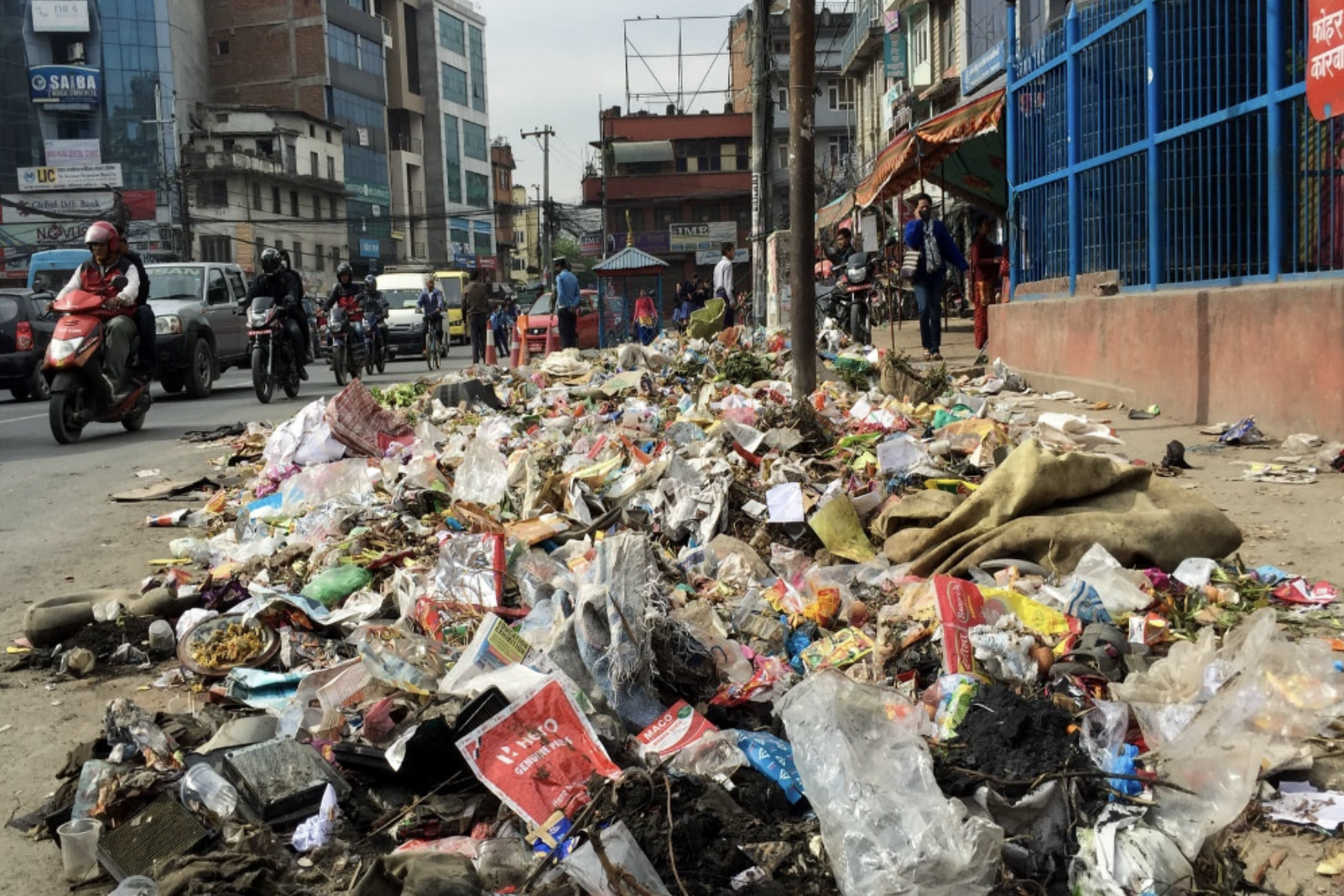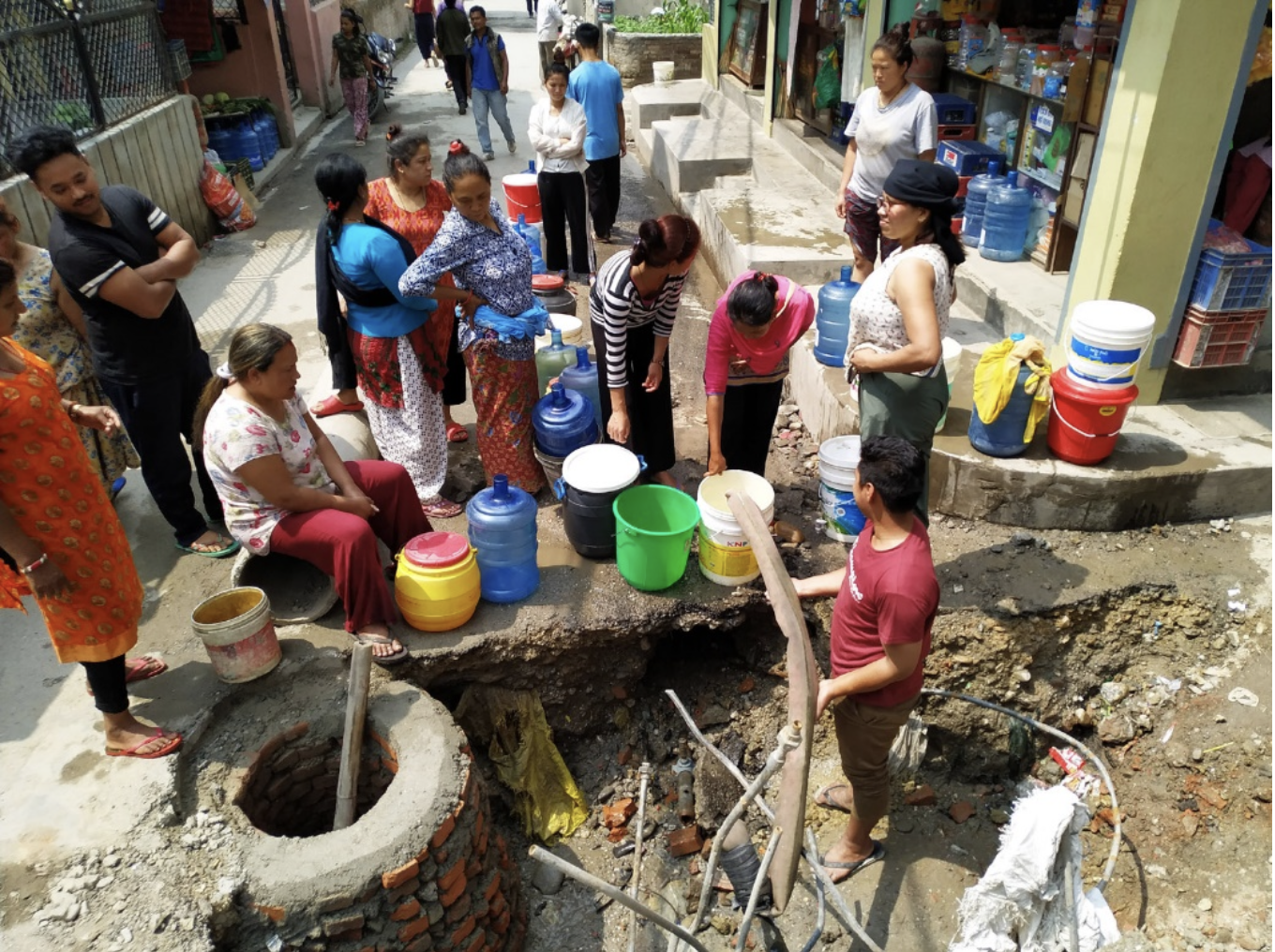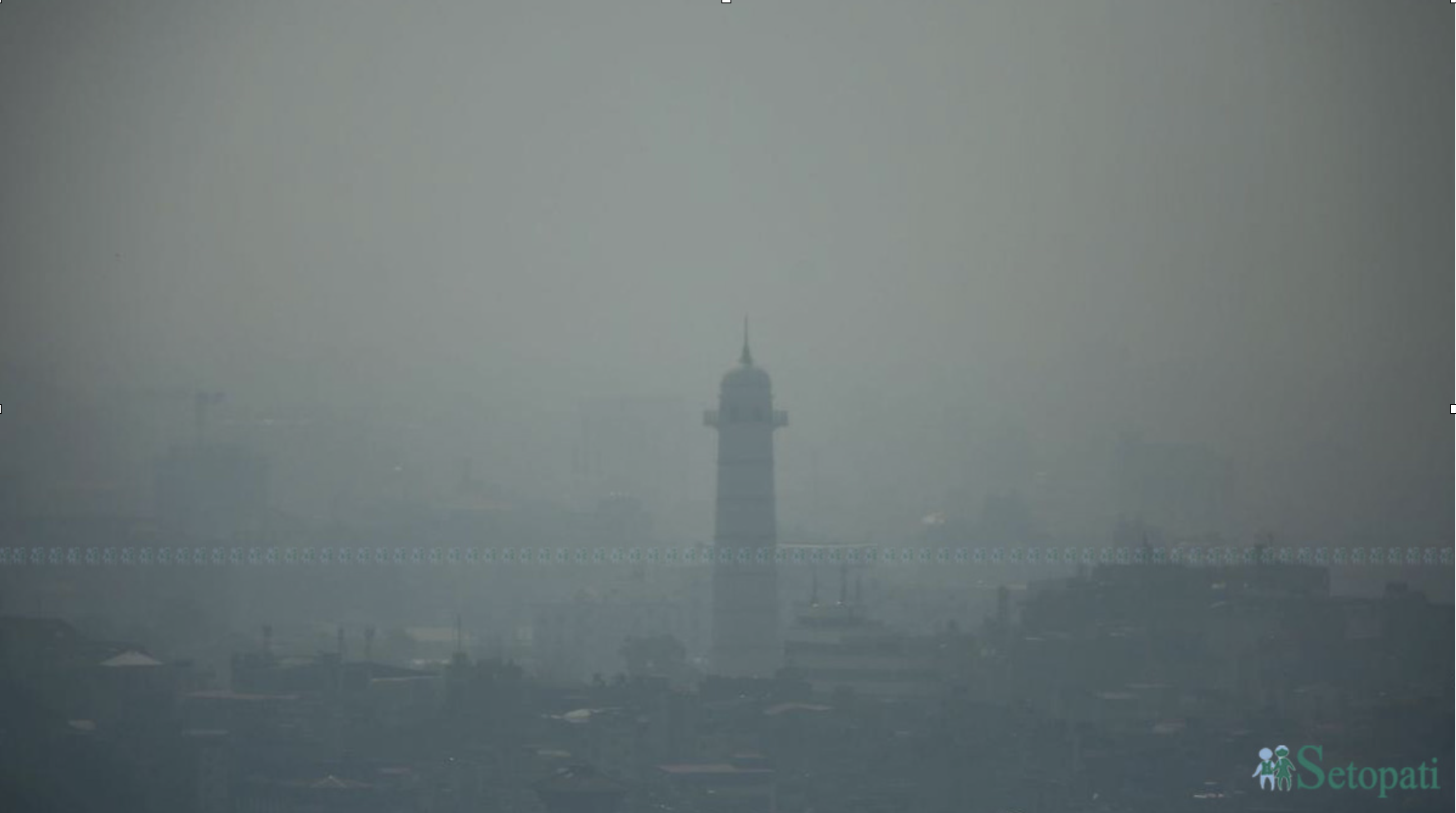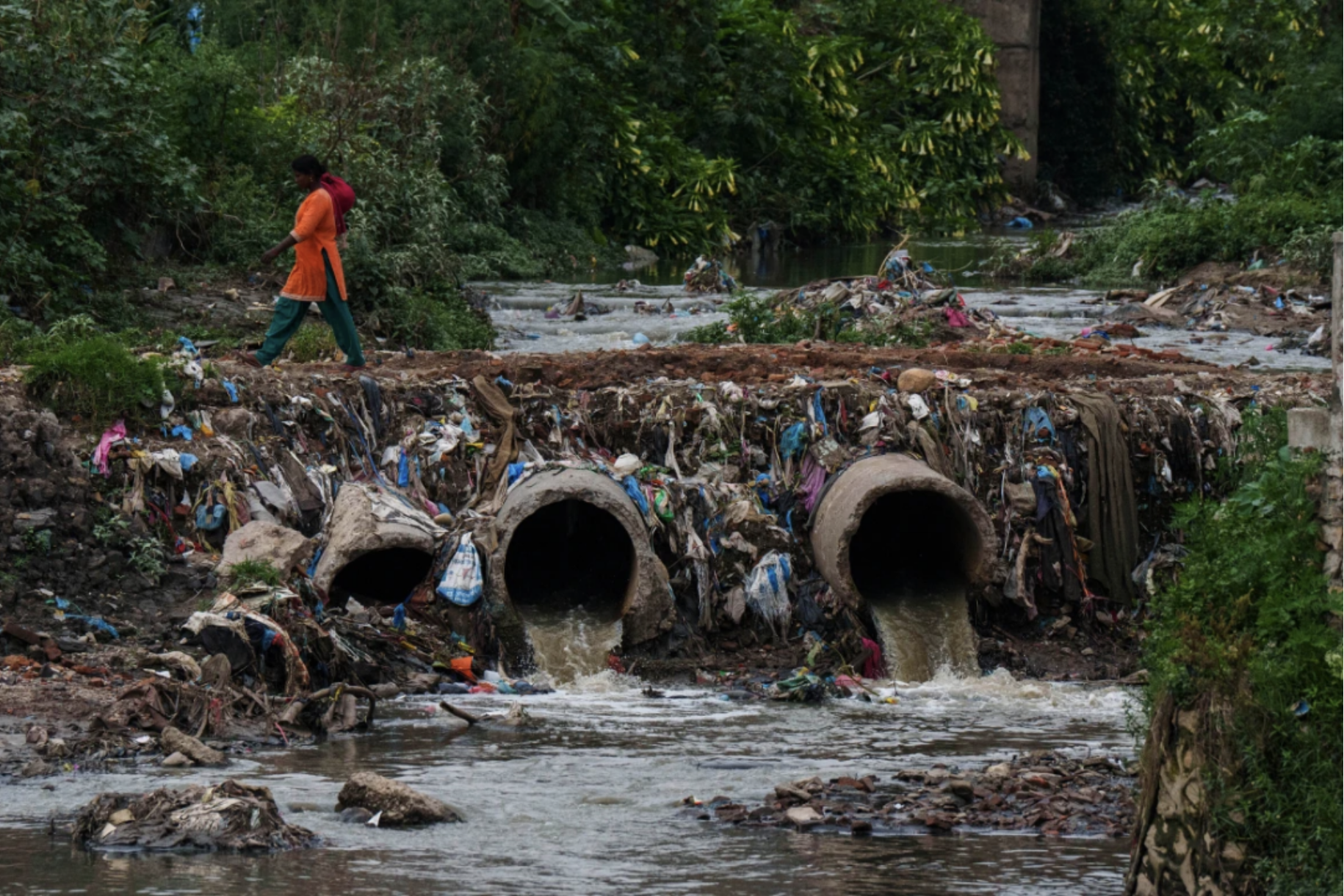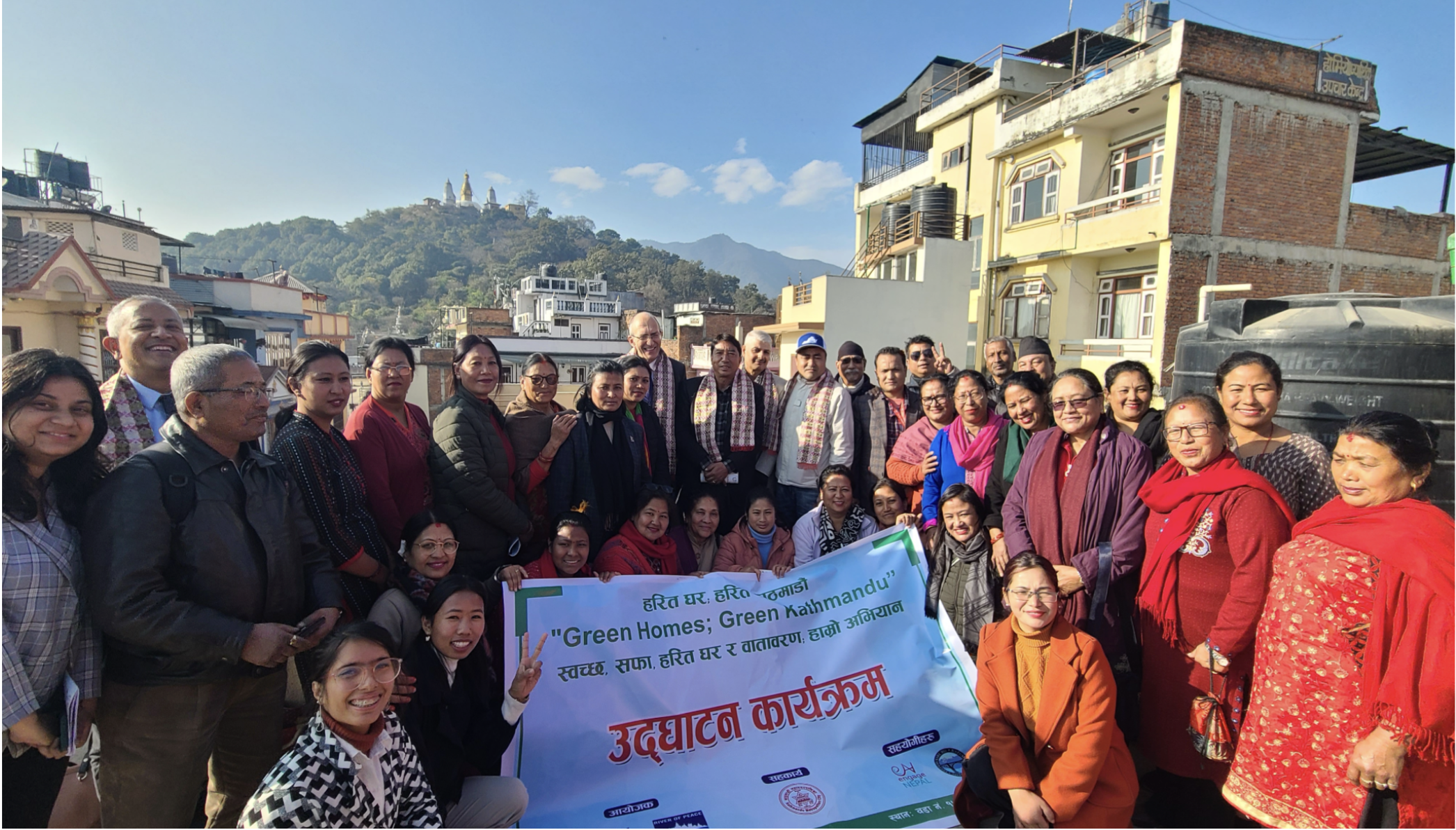
Green Homes: Green Kathmandu
This video recaps the project and all of the accomplishments they achieved. Credits to the Global Peace Foundation Nepal
The Global Peace Foundation Nepal is tackling the effects of rapid urbanization challenging Kathmandu such as waste management, water security, urban green spacing, and pollution. They have completed the first stage with great success and are continuing on with the next steps.
Goals
Sustainability
Creating environmentally proactive and self-sustaining Green Homes
Awareness
Educating citizens on air pollution, climate change and sustainable development
Training
Teaching participants how to compost, craft reusable products, and rooftop farm
Outcomes
The project received overwhelmingly positive feedback and produced amazing results
All 50 homes implemented waste segregation, composting and rooftop farming
32% of women generated profits selling liquid and solid soap
Gained a multitude of skills beneficial to their livelihoods
90% reduced waste to landfills
Rooftop farming improved well-being and decreased expenses on groceries
This project continues to be successful because of the tremendous work and dedication by the Global Peace Foundation Nepal and its team and we are proud to fund their efforts
Please donate to support these incredible projects and the people behind them in Nepal
Kathmandu’s Greatest Challenges
Structure
The project began on January 25th, 2023 and the first phase ended on May 2nd, 2024 where it was implemented into 50 homes across two wards in Kathmandu. The participants attended trainings on waste management systems, rooftop farming, and recycled products. The organizers followed up with home evaluations to address difficulties and gauge implementation. The first phase concluded with a survey to measure the its impact and whether the participants would continue, Since then we have expanded to two more wards and added a Green School Component. More to come!
Phase 1 -
Solid Waste Management & Rooftop Gardening
During Phase I, participants attended trainings in solid waste management where compost bins were distributed. They later visited the Doko Recyclers Materials Recovery Center to learn about the recycling process and waste management. Additional trainings were completed in rooftop farming and vermicomposting
A participant posing with her compost bin during a home visit
Credit: Global Peace Foundation Nepal
Fresh produce from a rooftop garden
Credit: Global Peace Foundation Nepal
Participants presenting during the solid waste management training
Credit: Global Peace Foundation Nepal
Participants learning about rooftop farming techniques
Credit: Global Peace Foundation Nepal
Phase 2 -
Rainwater Harvesting and Recharge, WASH, & Pollution Mitigation
The Phase II trainings on pollution mitigation and WASH brought awareness to the health risks of air pollution and water contamination in daily life and potential solution that participants could utilize. The rainwater harvesting trainings raised issues of water scarcity and declining water tables and covered various techniques to collect rainwater.
Participants during the Water, Sanitation and Hygiene (WASH) training
Credit: Global Peace Foundation Nepal
Participants after air pollution mitigation and climate change training
Credit: Global Peace Foundation Nepal
Participants learning at the air pollution training
Credit: Global Peace Foundation Nepal
Participants learning about rainwater harvesting and recharge
Credit: Global Peace Foundation Nepal
Phase 3 -
Skill Development & Livelihood
Phase III taught participants how to up-cycle plastic into key rings and how to make items like eco friendly sanitary pads and soap that could be sold for profit. It also addressed hygiene and menstrual health issues and made the solution sustainable for the community. The last training was on mushroom farming and how to grow pesticide-free mushrooms at home unlike many of the mushrooms sold at market
Participants during the Water, Sanitation and Hygiene (WASH) training
Credit: Global Peace Foundation Nepal
Participants after air pollution mitigation and climate change training
Credit: Global Peace Foundation Nepal
Participants learning at the air pollution training
Credit: Global Peace Foundation Nepal
Participants learning about rainwater harvesting and recharge
Credit: Global Peace Foundation Nepal


